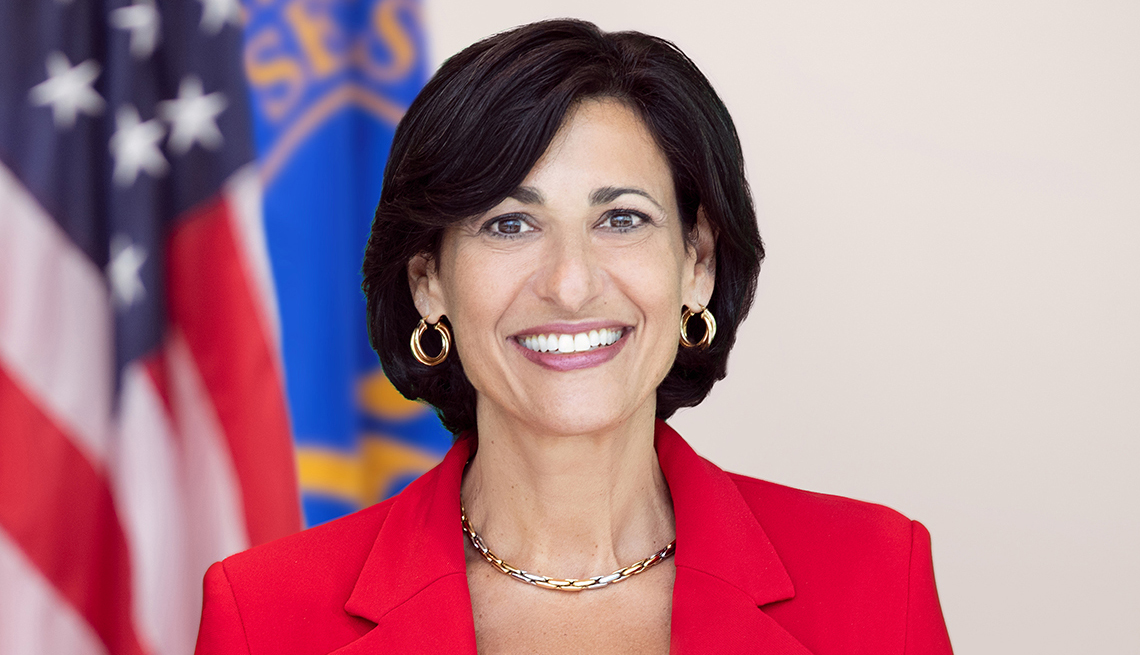Play all audios:
IS THERE ANY NEW GUIDANCE OR ADVICE ON BEST MASKING PRACTICES GOING INTO THE WINTER? SHOULD WE BE UPGRADING FROM CLOTH MASKS TO N95 OR SURGICAL MASKS? We don't have any reason to
believe that you need to necessarily upgrade your mask in this moment. Our recommendations continue to be that everyone 2 years or older should be wearing a mask in public indoor settings.
On our website, we have been consistently saying that a good mask is one that has two or more layers, that's washable, that covers your nose and mouth completely and snugly, and that
has a nose wire to prevent air from coming in. If people have an interest in upgrading their mask to a KN95 or an N95, I think that would be fine; we're not opposed to that. But what I
would say is you really want to be able to keep your mask on — you want to make sure it's comfortable enough to keep it on snugly, and those may be harder to tolerate for long periods
of time. So I would just measure that trade-off. An N95 that you wear half the time is certainly not as good as a mask that's comfortable that you can wear all of the time. AT-HOME
TESTING HAS BECOME MORE POPULAR IN RECENT MONTHS. HOW DO YOU SEE THIS TYPE OF TESTING HELPING EFFORTS TO CURB COVID? ANY ADVICE FOR PEOPLE WHO WANT TO USE AN AT-HOME TEST? We are
encouraging people to use these at-home tests before they gather; they're really great for asymptomatic screening. If people don't have symptoms, the test gives you extra
reassurance when you’re gathering that you’re negative for COVID. They're not foolproof — they're not quite as accurate as the PCR [polymerase chain reaction] tests — but they do
give you a really good indication of your status. If you're doing a rapid test and you have no symptoms, and it comes up positive, we’re encouraging people to then go get a PCR. But
that's a flag that you really shouldn't be gathering; you should be isolating until you have that PCR test to confirm whether you have COVID. These tests really empower you to make
sure that you're protecting others as you gather. THROUGHOUT THE PANDEMIC, WE’VE BEEN HEARING ABOUT OVERWHELMED HOSPITALS AND BURNOUT AMONG HEALTH CARE WORKERS. SHOULD WE EXPECT
DELAYS IN ELECTIVE SURGERIES AND ROUTINE CARE AS COVID CASES SPIKE WITH OMICRON? We don't yet know that. What I will say is that even in part of the delta wave, we certainly saw
hospitals in areas of the country at or above capacity. So this will likely be regionally dependent. From a COVID standpoint, the best way to stay out of the hospital is to get your vaccine
and your booster. Unvaccinated people are 12 times more likely to be in the hospital than vaccinated people. In terms of urgent or emergent care, I’m really encouraging all populations to go
to the hospital if they need care. Hospitals are safe places to be, and we want to make sure that people who need urgent or emergent care absolutely get the care that they need. As for
what's going to happen with elective surgeries, that is going to be regionally dependent. The best way to keep our hospitals from getting overwhelmed is to make sure that people are
vaccinated and boosted.

